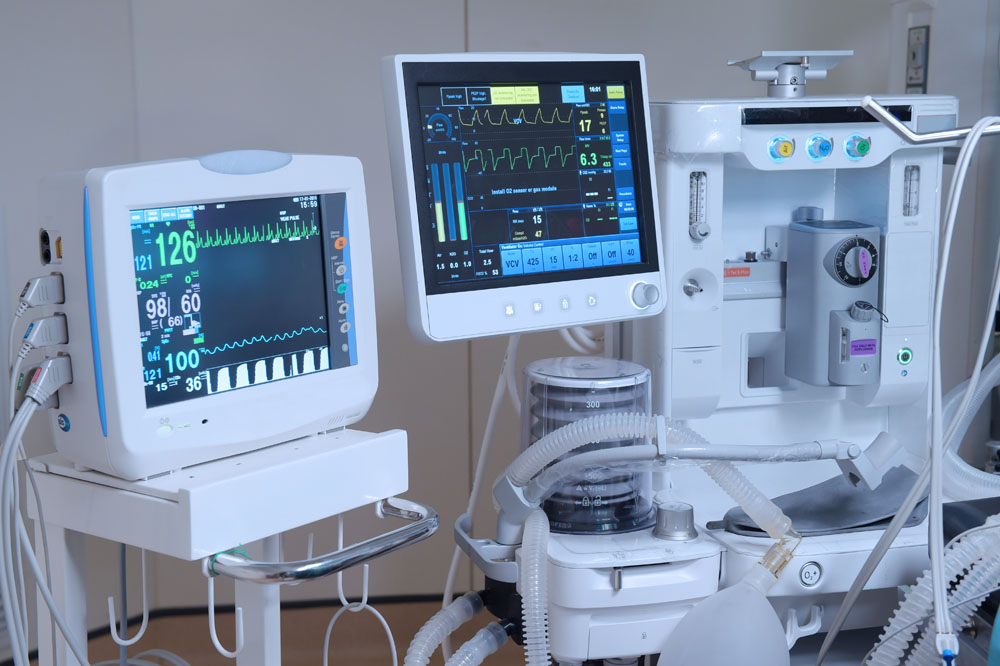Nickel Chemical Etching
Nickel chemical etching is a process that can be used in many applications across a variety of industries. Contact us for more information on the process on Etched Nickel Parts today!
Nickel is a silvery-white lustrous metal with a slight golden tinge. It belongs to the transition metals and is one of only four elements that are magnetic near or room temperature. Nickel is valuable in modern times chiefly in alloys, including the following that Fotofab etches and fabricates:
- Nickel Alloys: Alloy 200 and 201
- Nickel Copper Alloys: Monel, Nickel Silver
- Nickel Iron Alloys: Alloy 42, 46, 48, and 49, Invar, Mu-Metal, Kovar
- Nickel Chromium Alloys: Inconel
Nickel Chemical Etching
Fotofab’s etching process produces designs that can withstand harsh indoor and outdoor environments. The process uses an acid (Ferric Chloride) to etch into unprotected parts of a metal surface to create a design or image formed to your project’s specifications.
Characteristics of Nickel
Larger pieces of Nickel are slow to react with air under standard conditions because an oxide layer forms on the surface and prevents further corrosion (passivation). Other characteristics include:
- Magnetic at room temperature
- Hard, malleable, and ductile
- High electrical and thermal conductivity
- High compressive strength
Nickel Alloys
Nickel Alloy 200
A commercially pure Nickel featuring:
- Corrosion resistance
- Low electrical resistivity
- High melting point
- Good tensile and yield strength
- Magnetic and mechanical properties
Nickel Alloy 201
A commercially pure Nickel like Nickel 200 featuring:
- Low carbon modification
- Low annealed hardness
- Very low work-hardening rate
Fotofab is committed to quality.






Nickel Chemical Etching Applications
Nickel and its alloys are used in many industrial and consumer products, including:
- Electronic components
- Tubular products
- Medical equipment
- Telecommunications and mobile devices
Other Factors
- More than 2.3 million tons of Nickel per year are mined worldwide
- Nickel is obtained through extractive metallurgy
- Nickel is preeminently an alloy metal, and its chief use is in Nickel Steels and Nickel cast Irons, in which typically increases the tensile strength, toughness, and elastic limit


